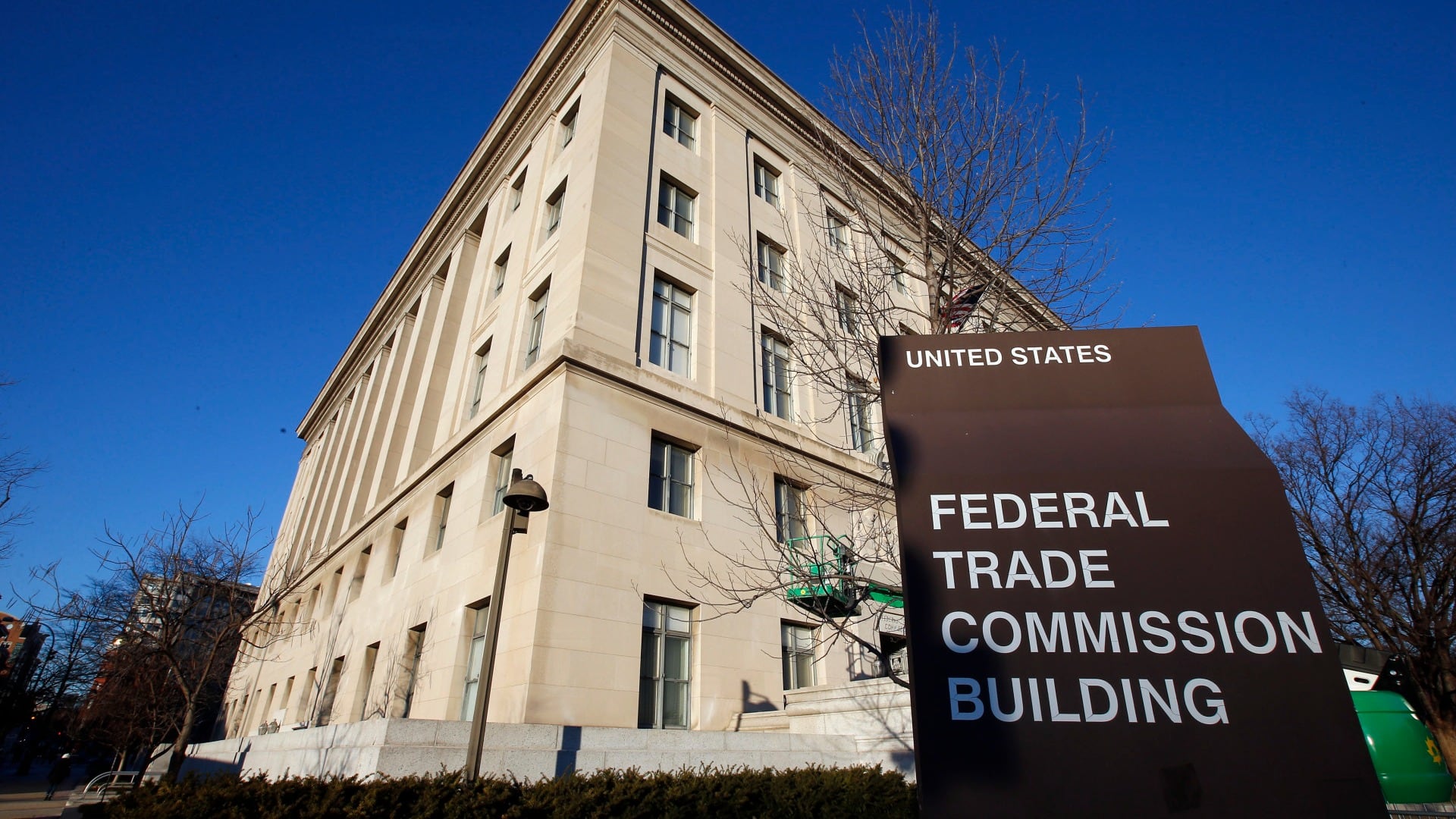Parents whose kids bought virtual gear without their knowledge on the popular Fortnite video game could soon be able to get a refund.
U.S. regulators are starting to notify more than 37 million people by email that they may be eligible for compensation as part of a legal settlement with Fortnite's maker, Epic Games Inc.
The Federal Trade Commission announced late last year that Epic Games would pay $520 million in penalties and refunds to settle complaints revolving around children’s privacy and its payment methods that tricked players into making unintended purchases.
Part of that $520 million consists of $245 million in customer refunds, as part of a settlement finalized in March. It's meant to cover some of the costs of unwanted V-Bucks, the game's in-game currency, or virtual items such as outfits or cartoonish purple llama loot crates.
Consumers have until Jan. 17 to submit a claim.
Epic Games had also agreed to pay a $275 million fine for allegedly collecting personal information on Fortnite players under the age of 13 without informing their parents or getting their consent. It was the biggest penalty ever imposed for breaking an FTC rule.
According to the FTC, those eligible for refunds include Fortnite users charged in-game currency for items they didn’t want between January 2017 and September 2022; those whose child made charges to their credit card without their knowledge between January 2017 and November 2018; and those whose account was locked after they complained to their credit card company about wrongful charges.
Epic Games said after settling the case in December that it implemented additional safeguards to prevent unintended purchases. In an updated statement Tuesday, it referred people to the FTC’s page.
This story has been updated to clarify that Epic Games agreed to pay a fine for allegedly collecting personal information on Fortnite players under the age of 13 without informing their parents or getting their consent.













